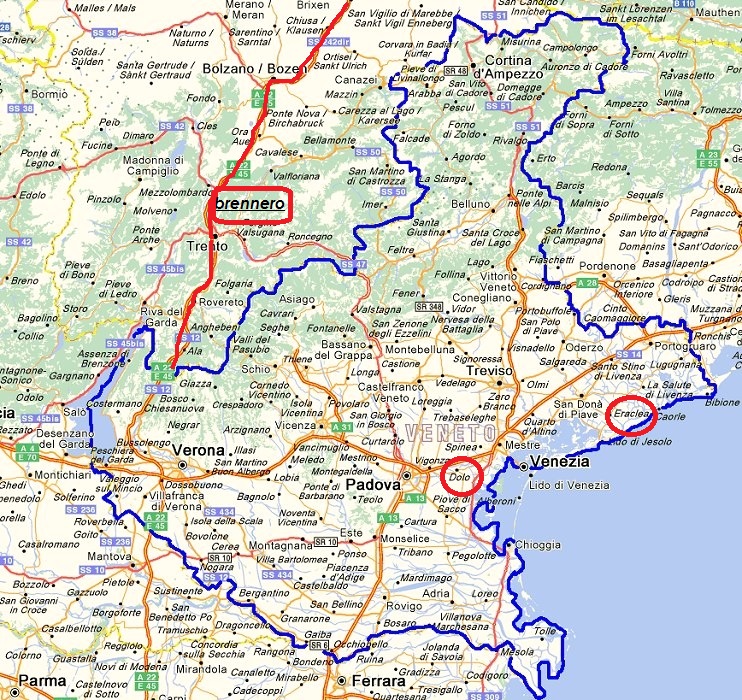The hot issue of immigration
Viewed from northern France

Calais, the town in northern France on the English Channel, has become a magnet for migrants in the last few years.
There is a forest, near the harbor, which is sheltering more than 6000 migrants. It is called " the jungle ". The asylum seekers and refugees who live there mainly come from Afghanistan, Darfur, Syria, Iraq and Eritrea.
This wave of migration began in the 2000s, and the number of migrants has gradually grown.
The 'jungle' is causing many problems of safety: crime rate has increased by 800 % since spring 2014. Locals are victims of crimes committed by migrants, but there are also fights and assaults among the migrants themselves, especially at the expense of women. There are also cases of prostitution.
Authorities have been facing problems of hygiene as well: the living conditions of the migrants are bad and are similar to those of a shanty town. The French State has fitted out toilets and showers but that is not enough: the waiting time to take a shower is estimated at 6 hours.
Finally, the economy of the area has been suffering: the insecurity due to the assaults of the migrants trying to cross the border has hindered the economic activity of the port.
But why are so many migrants there? Because they are trying to go to England through the Chunnel (the tunnel under the Channel), or by ferry.
Because of these problems, the jungle of Calais has become a political stake for the presidential elections of 2017 That is why public authorities tend to accelerate its dismantling with a view to relocating it elsewhere in France.
On Friday, 4 Mars, 2016 several hundred people demonstrated peacefully in Paris in support for the migrants of Calais.
These days in the motorway that connects Calais to the port an enclosure will be raised in order to prevent the migrants living in the “jungle” from reaching the lorries that are going to Great Britain. Many migrants thumb rides to truckers or they try to slip inside the lorries. This barrier will be supported by London's government.
Viewed from the North-East of Italy

In the last decade the number of migrants has increased dramatically in Italy, too.
Charity organizations offer a shelter to those who manage to survive the terrible journey across the Mediterranean.
Organizing the migrants’ lives in these shelters is not an easy task at all. These shelters are often overcrowded.
Last year in some towns near us some migrants carried out some revolts. They complained about poor hygienic conditions and overcrowding in the shelters where they were being hosted. Many revolts occurred in Eraclea, a seaside town near ours. Here, many migrants occupied the entire road in front of the residence “Magnolia”, which was hosting them. The refugees complained about the poor conditions of the hotel. Thanks to the intervention of the police, there weren't deaths or injuries. The final outcome of this first revolt didn't go in favour of migrants, so they made another uprising in front of a cooperative. In this case, the migrants complained about the quality of food and they asked to have residence permits.
The state gives 35 euros a day to charities and organizations for each migrant they give shelter to.
Is this money only used for migrants' sake?
Our neighboring countries, Austria and Switzerland, are deeply worried about the arrival of migrants.
On April Austria wanted to build an anti-immigration barrier in the motorway of Brennero because it feared that in the following months there would be an increase in the number of migrants arriving in Austria.
They wanted to build a wall to stop irregular migrants and refugees who tried to overstep the border.
This initiative has sparked off a lot of criticism from different politicians. Many believe that the building of the barrier will not give any result but create more problems. Some political parties have organized an international demonstration, which was held on 24 April. this demonstration had the aim to avoid the building of the wall. five hundred people demonstrated, starting from northern Italy and reaching Austria.
Protesters wore life vests in order to remember the refugees who had died during the long and exhausting trips at sea.
In addition, they raised a passport where it was written “world passport” to support the right of circulating freely around the world for all people. Protesters wrote another poster “We are all refugees” as a solidarity symbol. In effect this protest was made in favour of migrants. Luckily, in the last few weeks an agreement has been reached so the wall won't be built. The work of the Italian police has been very important. They persuaded the Austrian government to avoid the building of the wall and they helped the country to change its position about migrants. Now Austria is helping Italy and other European countries in this difficult emergency.
Italy: Giacomo Faggian and Benedetta Monetti
France: Clara Belmonte, Tristan Le Touten and Zoé Ratsimiala
Sources :
-https://fr.wikipedia.org/wiki/Jungle_de_Calais
http://www.lemonde.fr/immigration-et-diversite/article/2016/02/12/l-etat-va-raser-la-moitie-de-la-jungle-de-calais_4864362_1654200.html
http://france3-regions.francetvinfo.fr/societe/immigration/migrants-calais?r=nord-pas-de-calais
https://it.wikipedia.org/wiki/Immigrazione_in_Italia
http://LaRepubblica.it